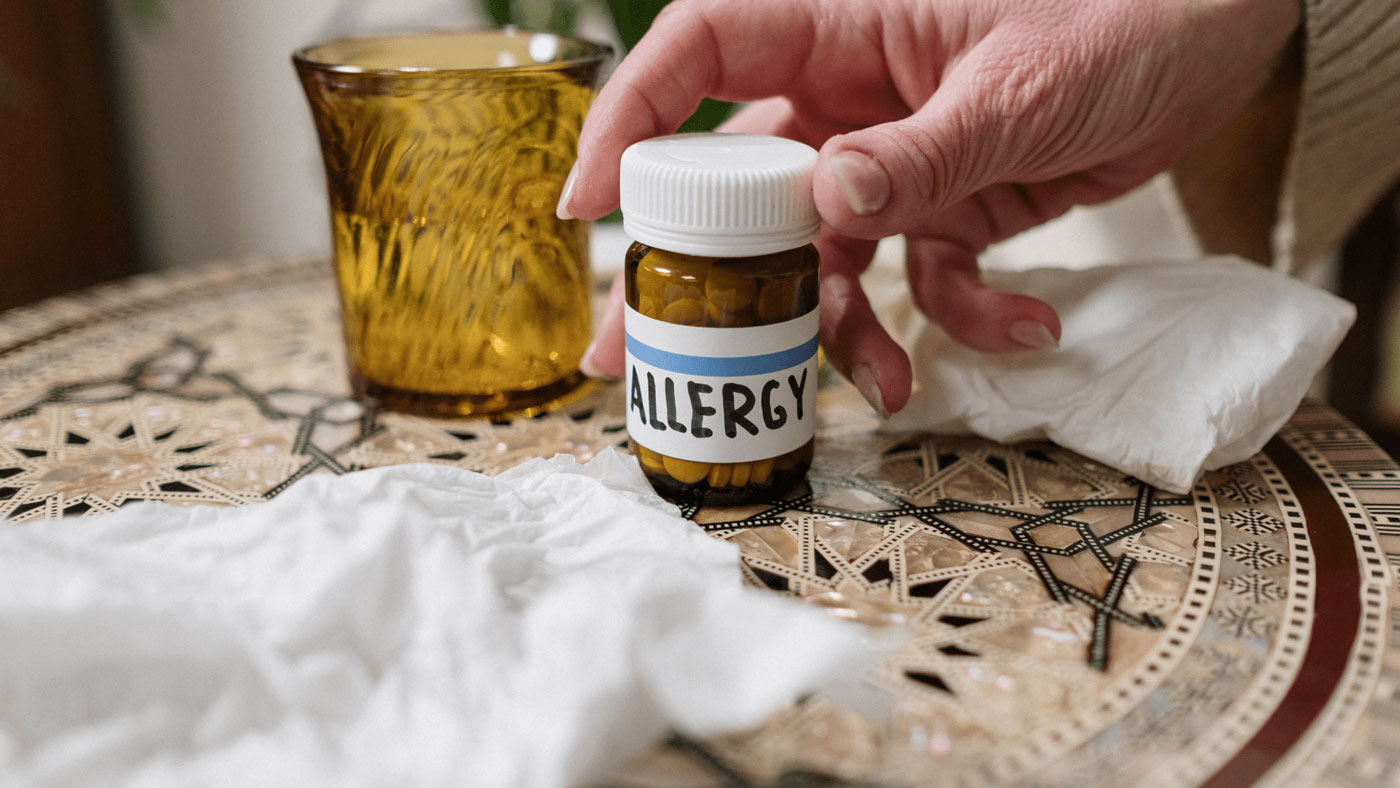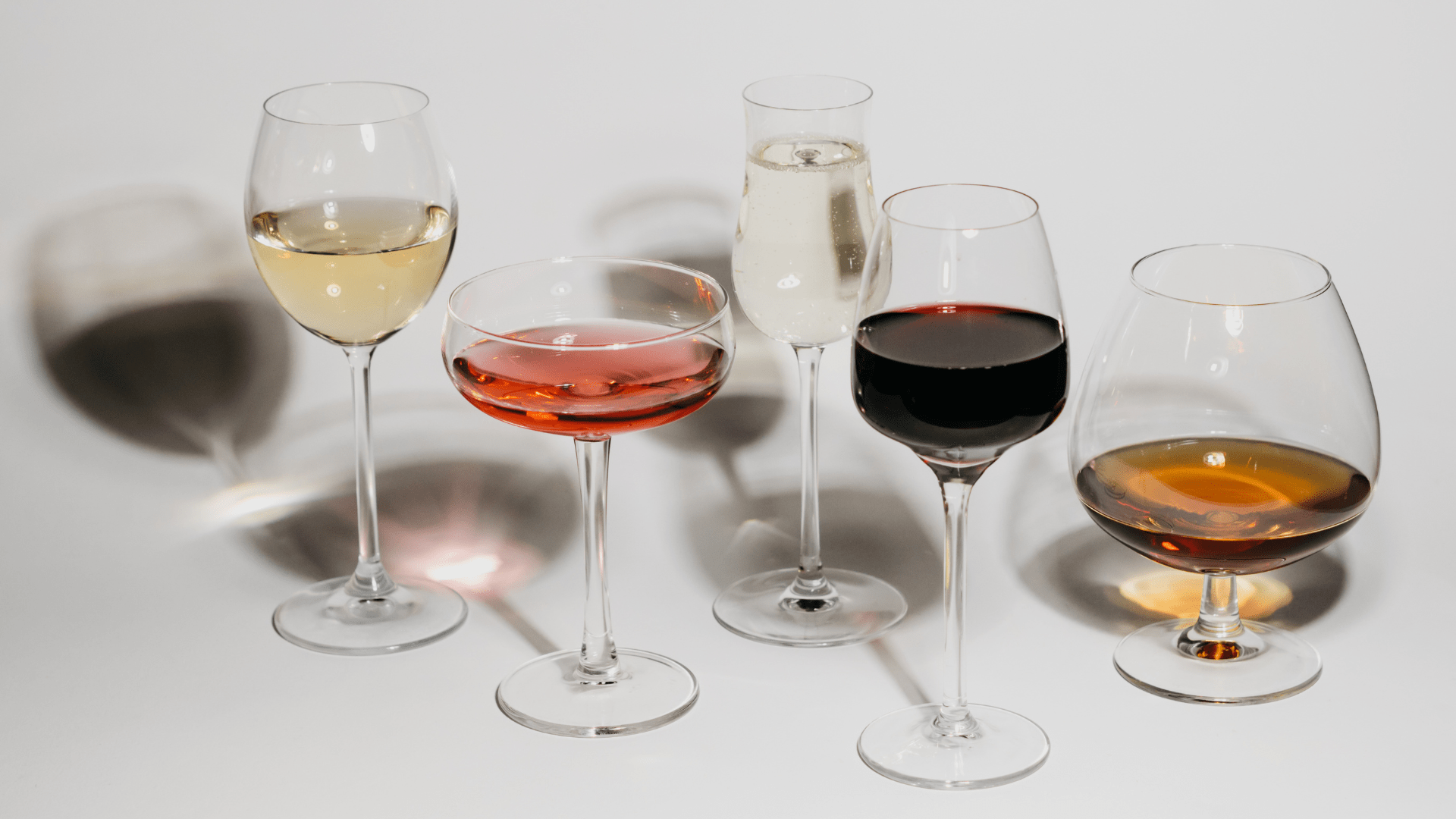Why You Shouldn’t Mix Claritin and Alcohol

- The effects of alcohol include impaired brain function, drowsiness, dilated blood vessels, and more.
- Claritin is an antihistamine medication that treats allergy symptoms.
- Taking both substances can lead to increased symptoms of each, including drowsiness, dizziness, risk of overdose, and liver damage.
- Treatment for alcohol use disorder or polysubstance use includes detox placement and long-term treatment programs.
During spring and summer, it’s peak allergy season. A common allergy medication, Claritin, is an antihistamine that alleviates seasonal allergy symptoms. Alcohol is a CNS depressant or a downer. Taking both can lead to significant side effects and health risks.
Alcohol Facts
Alcohol happens when yeast converts either sugar or starch into ethanol. How much alcohol is normal? Great question. A standard drink equals 14.0 grams (0.6 ounces) of pure alcohol. Generally, this amount of pure alcohol comprises:[1]
- 12 ounces of beer, which usually contains 5% alcohol
- 8 ounces of malt liquor, which usually contains 7% alcohol
- 5 ounces of wine, which usually contains 12% alcohol
- 1.5 ounces or a “shot” of 80-proof, which usually contains 40% alcohol (including distilled spirits or hard liquor like whiskey, gin, vodka, tequila, and rum).
Effects of Drinking Alcohol
Alcohol is toxic to your body. Your body, and more importantly, your liver, must work hard to eliminate it. As a CNS depressant, some of the effects of alcohol include impaired brain function, drowsiness, dilated blood vessels, fatty liver disease, and more.
Alcohol affects men and women differently. Alcohol mixes with your body fluids. Since women generally have less body water than men, the effect is more concentrated and, therefore, more pronounced.[2]
Claritin Drug Facts
The active ingredient in Claritin is “Loratadine.” It’s a 2nd generation antihistamine that blocks histamine receptors and is less likely to bypass the blood-brain barrier, making sedative side effects less likely.[3] It’s a chewable or liquid antihistamine that helps with allergy symptoms. It treats:[4]
- Hay fever
- Conjunctivitis (red, itchy eyes)
- Eczema
- Hives (urticaria)
- Reactions to insect bites and stings
- Some food allergies
Side Effects of Claritin
If you are experiencing side effects like rash, hives, or swelling of the face, seek medical attention and contact your physician immediately.
Claritin is safe to take in low dosages as a non-drowsy antihistamine. Adults can take 10mg per day. Common side effects include headaches and drowsiness.
If you are experiencing side effects like rash, hives, or swelling of the face, seek medical attention and contact your physician immediately.
Risks Of Taking Antihistamines and Drinking Alcohol
Alcohol and Claritin are both metabolized by enzymes in your liver. The bad news is that your liver can only metabolize so much alcohol and Claritin at once. Full elimination can take anywhere from several hours to several days.
Side effects like drowsiness can be amplified when you combine alcohol and Claritin and put you at greater risk of injuring yourself and others.
Drowsiness
Drowsiness is a feeling of lethargy or sleepiness that impairs motor function. The messages traveling to and from your brain are much slower than normal. This neurological slowdown is what makes operating a motor vehicle so dangerous. Both Claritin and alcohol can cause drowsiness.
Dizziness (Vertigo)
Alcohol affects the brain’s processing of sensory input and can influence the inner ear’s vestibular system, leading to dizziness or vertigo.
Increased Risk of Impaired Judgement
Taking a depressant and a stimulant together isn’t like adding positive and negative numbers in math class. They don’t cancel each other out. They make the other’s effect more pronounced.
It also increases the risk of impaired judgment and the likelihood of making poor choices as a result. For example, the risk of motor-vehicle traffic crashes, violence, and other injuries increases when under the influence of alcohol and other substances.[5]
Increased Risk of Liver Damage
The danger of liver damage from alcohol is well-known in scientific literature and popular culture. Each time your liver filters alcohol, some liver cells die.[6] Prolonged alcohol consumption damages your liver’s ability to repair itself. Liver cirrhosis and liver cancer are only two of many diseases associated with alcohol.
Loratadine has been associated with elevated liver enzymes in some individuals isolated cases, acute liver injury can occur 2-4 weeks after medication. Combining Claritin and alcohol can increase the chance of liver toxicity and liver disease.
Treatment For Alcohol and Substance Use Disorders
If you are misusing Claritin, alcohol, or both, the first step in treatment is to seek professional treatment. From detox placement and partial hospitalization programs to outpatient treatment and aftercare planning, there is a full continuum of care available for you.
In many cases, substance abuse disorders run parallel to compounding mental health disorders.
In 2017, out of the 7.7 million American adults with co-occurring mental and substance use disorders. For those with both mental health and substance use disorders, 34.5% got treatment for the mental disorder only, 3.9% got treatment for substance use only, and only 9.1% got treatment for both mental health and substance use disorders.[7]
Getting treatment for one and not the other can greatly increase the chances of relapse. If you or someone you love is struggling with alcohol abuse or substance abuse, we can help.
Restore A Healthy Body With Effective and Compassionate Treatment
Alcohol and allergy symptom relief is a complex pairing. To ensure your safety, don’t mix alcohol and Claritin. If you are struggling with compounding mental and substance abuse disorders, seek treatment immediately.
Frequently Asked Questions About Claritin and Alcohol

